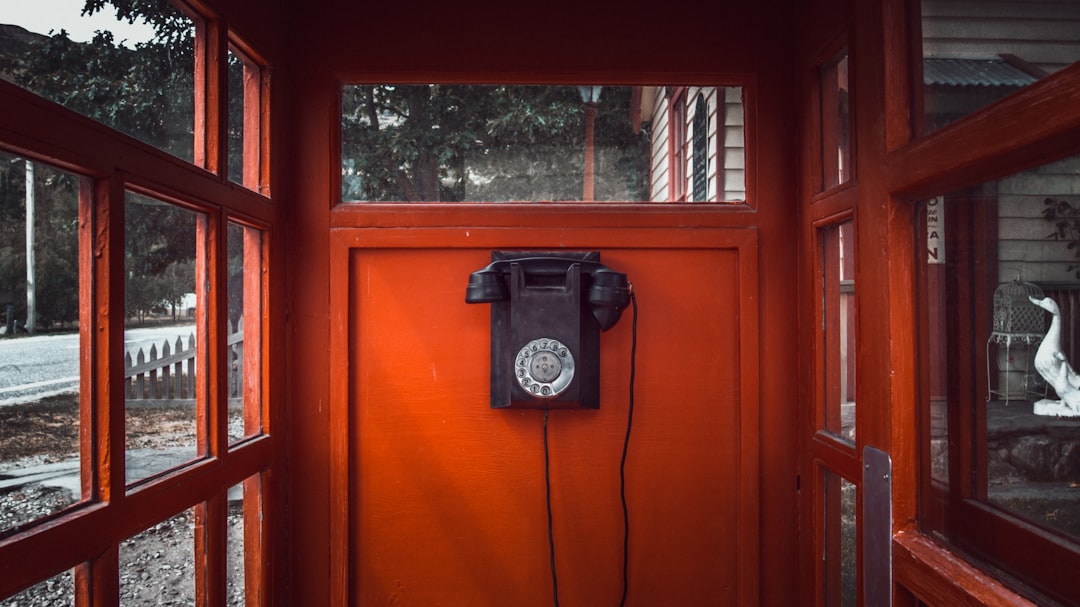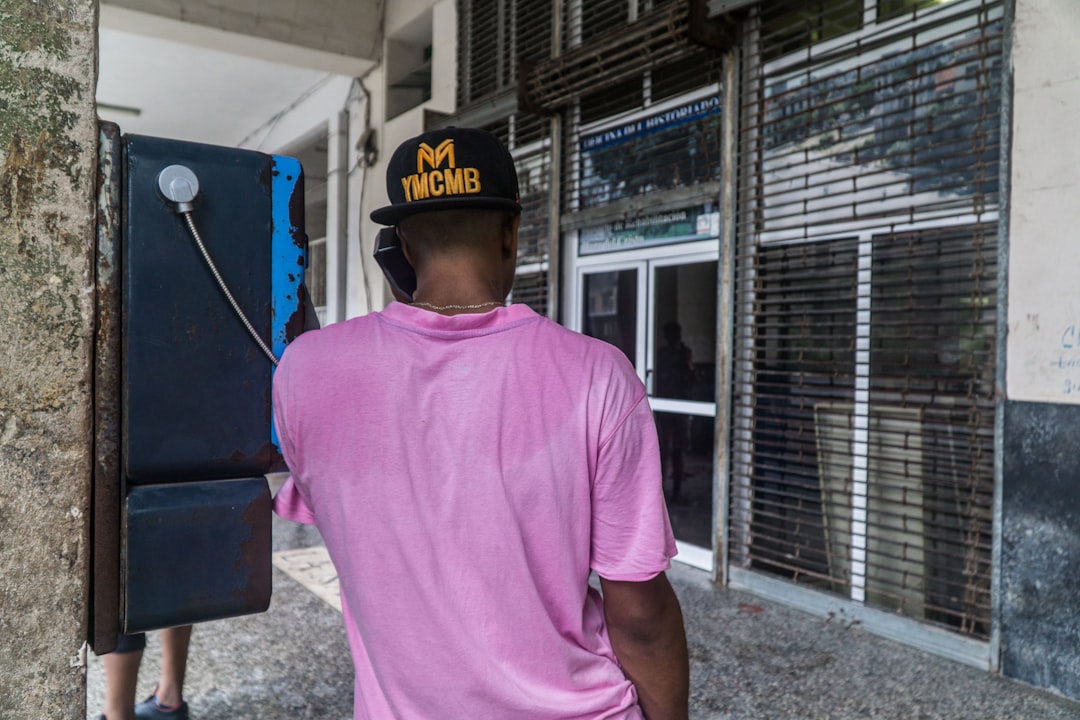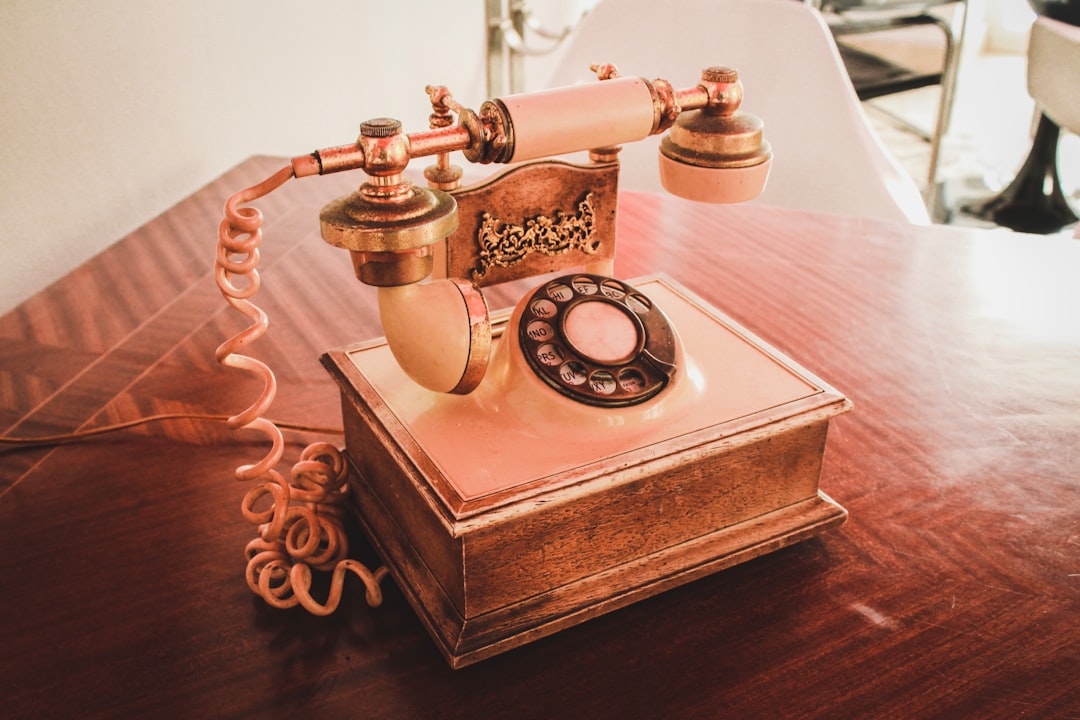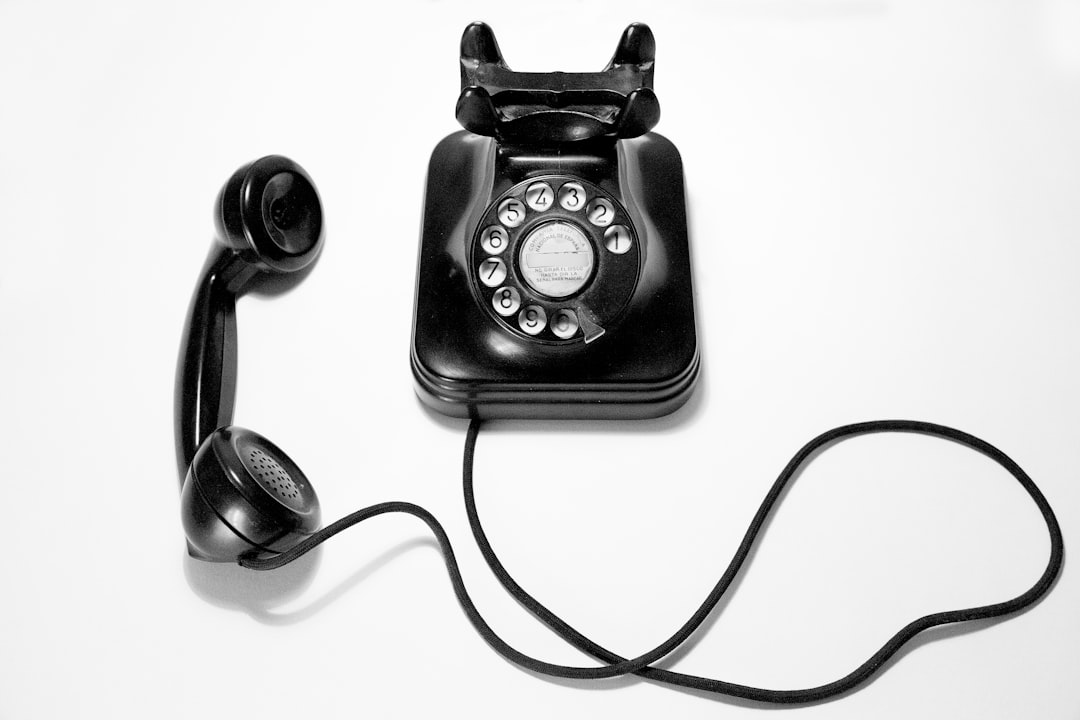In Maryland, unwanted robocalls are a growing problem. Residents can combat these automated calls using FCC tools, state-specific initiatives, or by contacting the "Do Not Call" registry. Legal action against robocall attorneys or law firms is available through hiring a Do Not Call Lawyer Maryland or telecommunications law specialist. The Telephone Consumer Protection Act (TCPA) restricts automated solicitations without prior consent, allowing individuals to seek damages, injunctions, or class-action lawsuits. Documenting calls is crucial evidence. Proactive measures include registering for the National Do Not Call Registry, filing complaints with authorities, using call-blocking features, and considering legal action against violators, like Do Not Call Law Firm Maryland or Robocall Attorneys Maryland.
In Maryland, safeguarding your phone from relentless autodialers and robocalls is a legal right. Express permission is required before any automated telephone marketing calls are made, including those from law firms and attorneys. This article guides you through Maryland’s stringent Do Not Call laws, teaching you how to identify and report spam calls, explore legal recourse against unwanted auto-dialer messages, and protect your rights by stopping robocalls from lawyering entities. Discover practical steps to become a Maryland resident who enjoys peace from nuisance calls with the help of our expert insights into blocking robocall attorneys and law firms.
- Understanding Maryland's Do Not Call Laws
- Identifying and Reporting Robocalls in Maryland
- Legal Recourse for Unwanted Auto-Dialer Calls
- Protecting Your Rights: How to Stop Robocalls from Law Firms & Attorneys
Understanding Maryland's Do Not Call Laws
In Maryland, understanding and adhering to the state’s Do Not Call laws is crucial, especially regarding unwanted phone calls from autodialers or robocalls. These laws are designed to protect residents from intrusive marketing practices, giving them control over their communication preferences. The Maryland Public Service Commission (MPSC) oversees these regulations, ensuring that consumers can rest easy knowing they have a say in who contacts them.
For those facing persistent robocalls from law firms or attorneys without their consent, it’s advisable to consult a Do not call lawyer or robocall attorney in Maryland. These legal professionals specialize in navigating the state’s laws and can provide guidance on blocking such calls effectively. They can also assist in taking necessary actions against violators, ensuring that residents’ rights are respected and their peace of mind is maintained.
Identifying and Reporting Robocalls in Maryland
In Maryland, identifying and reporting robocalls is a crucial step in combating unwanted automated phone calls. These pre-recorded or artificial messages, often marketed as “robocalls,” can be particularly intrusive and frustrating for residents. If you’ve received a robocall from an attorney or law firm without your explicit consent (often indicated by not having given permission to be contacted in this manner), it’s important to know your rights and options.
Maryland residents have several avenues to report these nuisance calls. The Federal Communications Commission (FCC) provides tools and resources for identifying and blocking robocalls. Additionally, Maryland-specific initiatives offer further assistance. Contacting a “Do Not Call” registry or seeking legal counsel from a lawyer specializing in telecommunications law can be beneficial. For those who have been affected by robocall attorneys or law firms, retaining a local Maryland do not call lawyer could help establish legal recourse and prevent future unauthorized calls.
Legal Recourse for Unwanted Auto-Dialer Calls
If you’re receiving unwanted autodialer calls in Maryland, you have legal recourse. The Telephone Consumer Protection Act (TCPA) prohibits automated or prerecorded telephone solicitations unless the caller has obtained prior express written consent from the recipient. If you’ve been contacted by a robocall attorney or law firm in Maryland without your permission, you can take action.
Hiring a Do Not Call Lawyer Maryland or consulting with a robocall attorney Maryland who specializes in TCPA litigation is a crucial step. They can help you understand your rights and explore options for legal remedies. This may include seeking damages for each violation, obtaining a permanent injunction against the caller, or even filing a class-action lawsuit if multiple people have been affected. Remember, it’s essential to document all calls, including timestamps, call content, and any information about the caller, as these details can be vital in legal proceedings.
Protecting Your Rights: How to Stop Robocalls from Law Firms & Attorneys
In Maryland, protecting your rights against unwanted autodialer calls from law firms and attorneys is a significant concern. The proliferation of robocalls, often disguised as legal notifications, has led many residents to seek solutions to stop these intrusive messages. One crucial step is to register for the National Do Not Call Registry, which, while primarily focused on telemarketers, can also reduce the volume of automated calls from legal entities. Additionally, Maryland residents should be wary of any unsolicited calls claiming to be from law firms or attorneys, as legitimate legal communications typically originate from direct client contact.
For those receiving excessive robocalls from law firms and attorneys in Maryland, taking proactive measures is essential. You can file a complaint with the Federal Trade Commission (FTC) and your state attorney general’s office to report the issue. Moreover, many telecommunications service providers offer call-blocking features or dedicated plans that filter out robocalls. Considering legal action against persistent violators who use autodialers without explicit consent is another option. By exercising these rights, Maryland residents can reclaim their privacy and ensure they are not bombarded by unwanted automated calls from law firms or attorneys.






